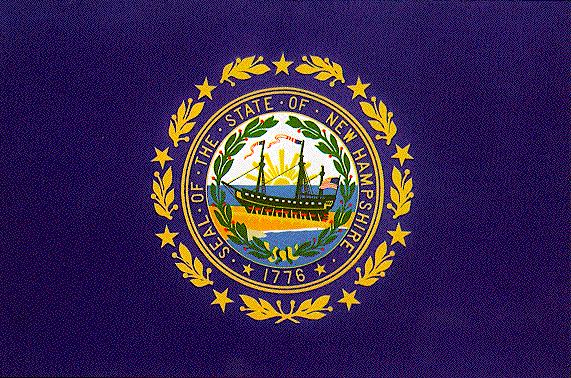| Home Page
News Flier
Pheasant Photo Page
OutLook and General Info
Pheasant Hunting Safety
Meet The Members
Dog Page
Guest Book Page
Favorite Links Page
Pheasant Recipes
|
|
Hunt Pheasants Safely: Follow these tips!
With the October 1 start of pheasant hunting season comes a reminder from the New Hampshire Fish and Game Department to hunt carefully. "We urge hunters to follow a few simple guidelines to hunt safely and enjoy their times hunting pheasants," says Sean Williamson, a coordinator for Fish and Game's Hunter Education Program. "Pheasant hunting is a lot of fun. It's a great time to be out there. But we want people to do it safely."
The season runs from Oct. 1 through Dec. 31.
In 2000 in New Hampshire, there were four hunting-related shooting injuries involving all kinds of hunting, none of which was fatal. Three of those four involved pheasant hunting. In one case, a hunter lost an eye, and in the other case, a hunter was shot in the face.
Pheasant hunters should follow these safety tips:
Control your firearm muzzle at all times.
Always wear safety glasses.
Know where your hunting partners are at all times.
Shoot only within your zone of fire.
Be sure of your target and what is beyond it.
Always keep your hunting dog under control.
Wear hunter orange on your head, back and chest.
New Hampshire's pheasant hunting is made possible by dozens of generous landowners who've offered their properties as stocking release sites. This fall, about 13,000 adult ring-necked pheasants will be released in all 10 counties at intervals during the three-month season, an average of 120 birds per site.
Pheasant hunters should also not commence hunting at a pheasant release site until all stocking activity is completed.
Hunter education in New Hampshire is taught by a dedicated corps of trained volunteers. Fish and Game coordination for the effort is made possible through the Federal Aid in Wildlife Restoration Program, funded by hunters' purchases of firearms, ammunition and archery equipment. The user pay-user benefit has also helped restore populations of deer, wild turkey and other wildlife to New Hampshire and other states.

|
|
|
|


